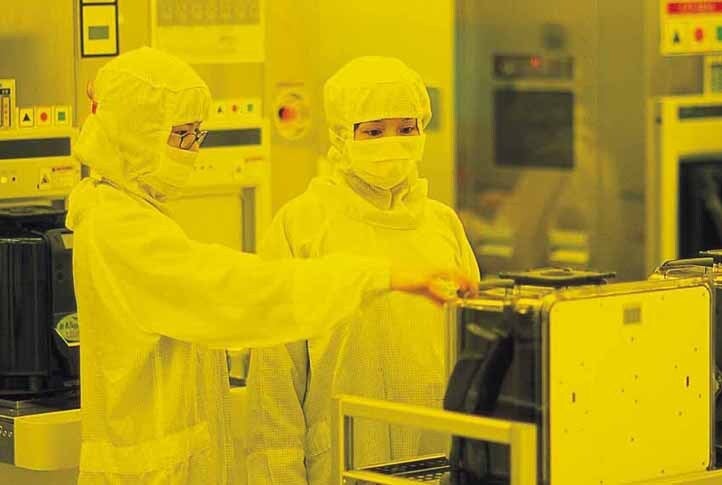U.S. demands data from Apple chipmaker TSMC
U.S. Commerce Department seeks information about the chip shortage from TSMC and other foundries
Sandra Oudkirk, director of the American Institute in Taiwan, told reporters today that U.S. officials have devised “excellent safeguards” to protect proprietary information given by the semiconductor firms to the U.S. officials. Oudkirk said, “The Commerce Department’s request for information is designed to better understand the semiconductor supply chain,” and to allow the Commerce Department to “improve or alleviate the disruptions to the supply chain.”
The U.S. Commerce Department’s request for information last month ran into some resistance from Taiwan due to fears that the data being collected could leak. While the semiconductor firms being questioned by the U.S. are not being forced to participate, Commerce Secretary Gina Raimondo has threatened the companies involved by mentioning that the U.S. might turn to the Defense Production Act to force responses from firms that haven’t turned over data by November 8th.
Automakers have been accused of starting the global chip shortage
The chip shortage has taken place due to the pandemic. Automakers, surprised by the demand for their vehicles during the pandemic, were forced to order more chips than they originally purchased. As a result, these manufacturers created heavy demand for semiconductors by ordering as many as they could get their hands on. Combined with a shortage of workers due to the pandemic, the global chip shortage was created.
Not all chip buyers have been impacted equally. For example, TSMC made sure that its best customers, including Apple, were not as affected as other customers were. Still, Apple noted during yesterday’s fiscal fourth-quarter earnings call that the supply-chain shortage, which includes the aforementioned issues in the chip industry, cost the company $6 billion in revenue during the quarter.
The chips that were affected the most by the shortage were older “legacy nodes” or older chipsets used to power older iPhone models. It would appear that Apple didn’t have as much trouble procuring its newer, most advanced components. With the supply-chain issues, visibility isn’t so clear which forced Apple to refrain from making a forecast for its fiscal first quarter of 2022.
For all the latest Technology News Click Here
For the latest news and updates, follow us on Google News.

